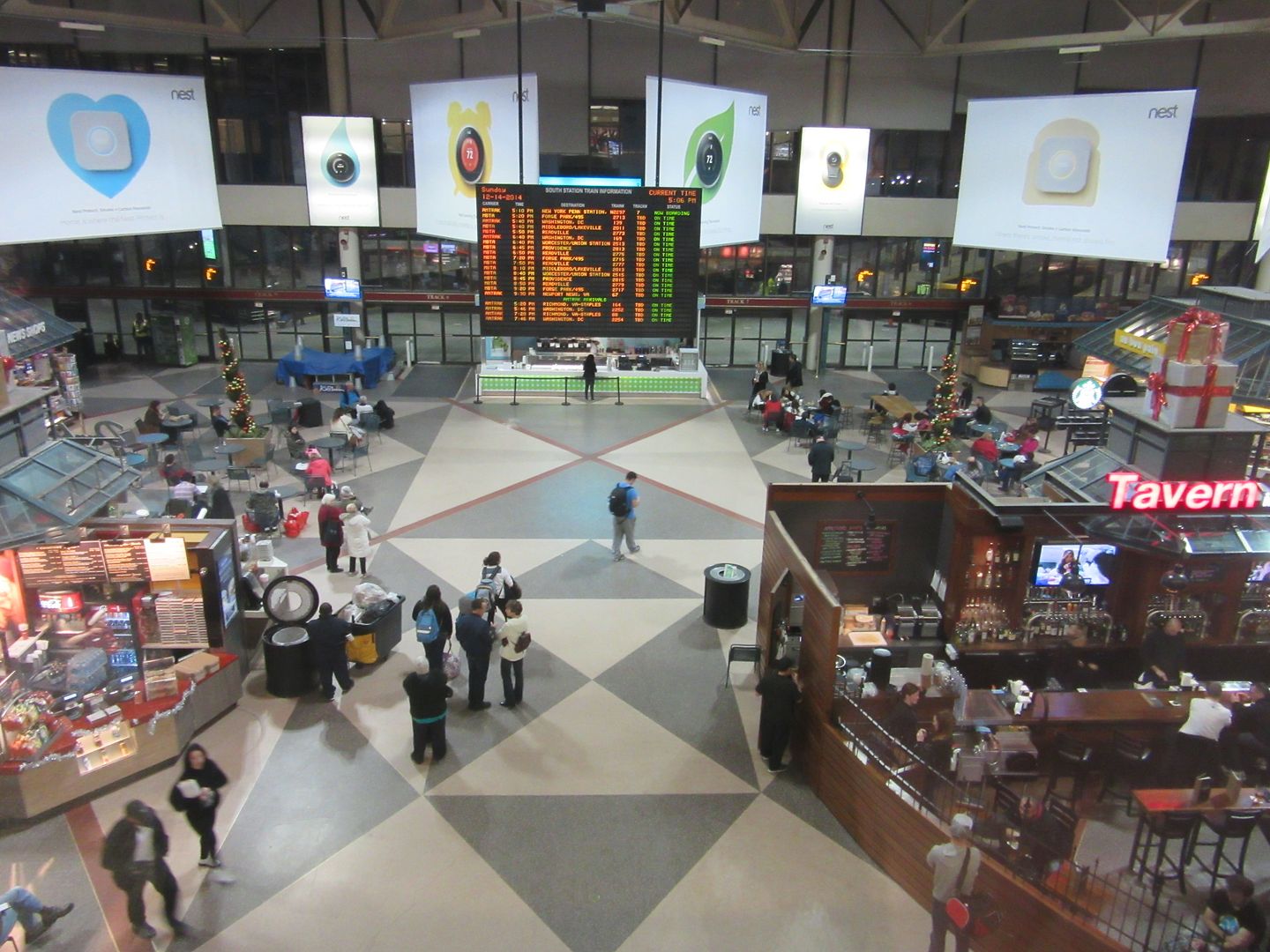Advocates urge T to speed up accessibility
By: Marie Szaniszlo
Advocates for the disabled and a judge who audited the MBTA’s progress on accessibility are voicing frustration with the pace of progress — stymied by massive debt — though they say the T has made significant improvements in the eight years since inking a settlement with the Boston Center for Independent Living.
“A lot of stations are still not accessible in a variety of ways,” including a lack of signs in Braille for the blind, announcements for the deaf and elevators and ramps for people who use wheelchairs, said the BCIL’s Karen Schneiderman. “The MBTA is required by law to provide equal access to its services for people with disabilities. It’s up to the T to figure out where to get the money. It’s not up to us.”
Retired Judge Patrick King, who is due to give an update on the agency’s compliance with the settlement agreement at 1 p.m. tomorrow at the Transportation Building, said the T has made “tremendous” progress since 2006, but he said it has been slowed by its $8 billion debt load — much of which the T attributes to transit projects that were required as part of the Big Dig permitting process.
“As a result, you’ve got 40-year-old trains on some lines,” King said.
Five of 60 subway stations lack any elevator. Construction of elevators at one of the five — Government Center — is underway and will be ready in the spring of 2016, T spokesman Joe Pesaturo said, while an accessibility project at Wollaston is in the planning stage and Hynes will be made accessible as part of a developer’s project adjacent to Massachusetts Avenue.
Another major problem with the subway system, King said, is the gap between the platform and trains. New cars that have been ordered for the Orange and Red lines will have a mechanical plate to fill the gap, he said, but those cars aren’t expected until 2017 or 2018.
As an interim measure, the T uses a bridge plate that is stored in the station and put in place whenever a person in a wheelchair arrives on a train.
“More often than not, I miss the train and have to wait for another until an employee shows up,” said Olivia Richard, 31, a BCIL member.
State Rep. William Straus, House chairman of the Joint Committee on Transportation, said the Legislature has dedicated a portion of sales tax — roughly $1 billion per year — to the T because lawmakers recognize there is “room to make things better.”
“I think the Legislature has been sensitive to that” he said.

